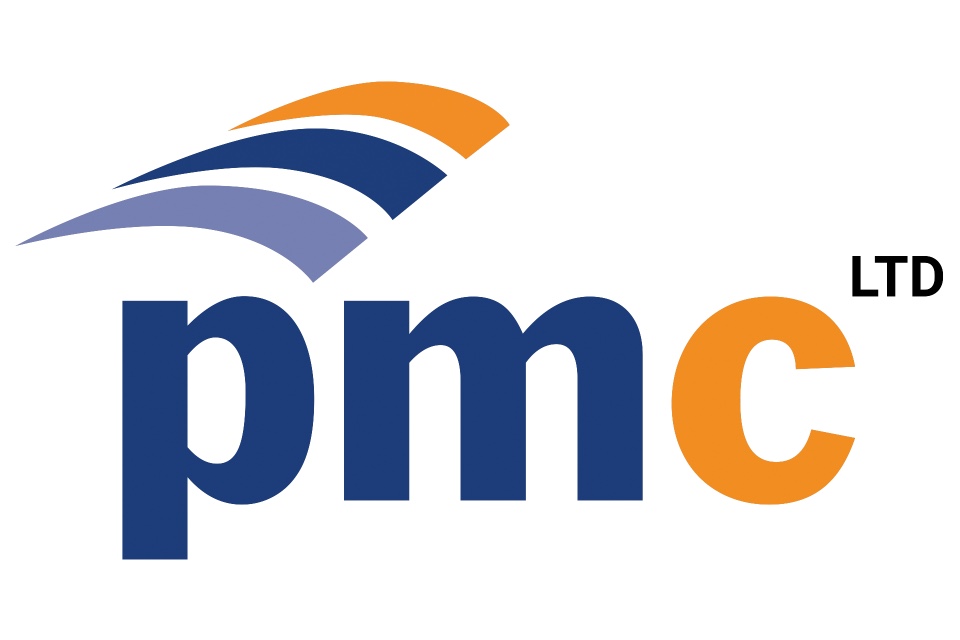By Rob Marriott, Marketing & Strategic Bid Director at SPIE UK
The recent news about Debenhams falling into administration is just another nail in the coffin for the British High Street. Part of the problem can be attributed to retailers’ legacy estates. Swelling rents, wage hikes, long lease periods and aging property in urgent need of upgrading are all contributing factors.
However, retailers are struggling to find budget to overcome these problems.
Sometimes heralded as the panacea, new smart technology installed throughout shops, warehouses etc. would give retailers additional useful data which could help them manage their operations more efficiently. Benefits of this approach could include reducing how much energy is used, improving staff wellbeing, implementing predictive maintenance and enhancing the customer experience, which would all help contribute to lowering long-term operating costs. Unfortunately, organisations are being held back in the short term by the hefty up-front costs that this sort of technology investment requires, as well as the need to provide leadership teams with a robust business case for its installation.
However, facilities management (FM) firms could have the solution. Some of these companies are starting to develop new financing solutions which are founded on a single lease purchase agreement. As such, machinery, fixtures and fittings etc. don’t have to be capitalised or purchased by the retailer. Instead, merchants can buy them on an on-balance provision instead of the traditional off-balance sheet capitalisation. FM companies would be able to then build upon this idea by creating a completely new model, whereby retailers will not be shackled by lengthy leases that they have previously been used to. As well as being able to lease the property from a third party, these businesses will also have the ability to lease everything within it too – from IoT hardware right through to lighting.
If we take a retailer that wants to fit out twenty new sites, as well as fully supply and maintain them whilst being certain of the operating costs, the FM organisation would create a plan where they organise the installation and maintenance of the equipment on a fixed annual fee basis. By providing a fully comprehensive offering, not only will this guarantee budget certainty for the retailer, but also helps with peace of mind.
One of the main benefits of this new type of model is that retailers will be able to predict their income more precisely. By operating in a fixed cost environment, these companies will have more confidence in their ability to plan for future investment in innovation and new ways of working. It is much trickier to invest in new technologies and leverage efficiencies when you have a less predictable maintenance spend. In addition, paying for everything in one easy payment on a fixed basis means retailers can better forecast and plot what their cost profile might look like over the next three-to-five-year years. Of course, this makes it even more straightforward when calculating future investment funding.
Once retailers have been able to finance the installation of state-of-the-art equipment, both they and the FM company in charge of the premises can reap the benefits of the increased amounts of data this will create. The information can be tapped in a number of ways to generate an improved working environment and better customer service. Data can be used to build a more detailed understanding about how the premises are being utilised. As a result, everyone can implement new initiatives to achieve greater energy efficiency. What’s more, the FM company will be able to provide a better service level by leveraging tools such as predictive maintenance. By identifying when machinery and facilities are going to breakdown before the event actually occurs, they can reduce disruptions and improve the return on investment for the retailer. Not only that, but reducing disruption also improves the customer experience, helping the retailer to strengthen their brand image. In short, greater information on and overall visibility of the premises results in more efficient management and maintenance.
Within retail there are some examples of this model being used with the purchase of single assets, for example the leasing of their EPOS till systems, flooring, fixtures within site, and lighting. Within an organisation, different departments will procure items including shelving and mannequins from various suppliers. And yet, there is nobody currently in the market who has combined these services together to create one single purchasing offer. This presents facilities management companies with an enormous opportunity. FM companies are not limited in what they can source a supplier for, but such change demands a transition away from traditional procurement strategies when forecasting the opening of new stores or refurbishing existing facilities.
Multiple site High Street retailers are best placed to generate value from these new financing plans because they have the sufficient critical mass to deliver scaled saving across their portfolio. For an independent retailer, it would be a lot harder to achieve similar results and savings if they only had one shop or warehouse to deliver them. For those companies with multiple sites, once they have rolled out the new financing model they can benefit from economies of scale. Following the introduction and successful implementation of a one site model, practices be reviewed, standardised and rolled out across other sites. Evidently, this is why organisations who have larger regional, national or even international foot prints are more likely to benefit.
There are myriad advantages to this way of working for FM companies: the capacity to maintain equipment to the right operating standard, a more predictable income, and a better environment and customer experience. This means the FM company is more efficient and makes better use of its resources, also customers won’t need to waste time following up with suppliers.
These new bespoke financing solutions are already being developed by some FM companies with their retail clients. In the same way that car dealerships lease their vehicles to consumers, we will soon see the retail industry undergo somewhat of a transformation in terms of how their premises are managed, maintained and leased. As the retail industry continues to digitally transform and evolve into a multichannel environment, all being well, these new financing techniques will be able help these organisation adapt and thrive.







